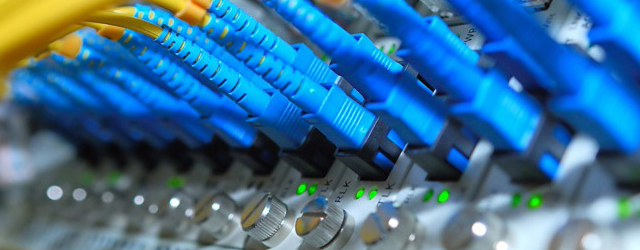The world has seen exponential growth in the use of smartphones, tablets and a host of other handheld communication devices. With multiple devices working within the same home or office, your broadband connection struggles to support all these devices at any given point in time. Without adequate bandwidth, some services could fail too.
Often, we experience problems with websites not loading properly, site functionality being sluggish and so forth. Most of these inconveniences can be attributed to poor bandwidth. Important services being impacted by poor speed can be overwhelming at times.
The entertainment world today has a liberal sprinkling of high-end gadgets and devices such as the iPlayer and Netflix. These will just not come to life unless supported by minimum speed requirements.
Homes and Offices with Guaranteed High Bandwidth can Add Value
Home buyers of the present generation would always look for homes with guaranteed high bandwidth. In turn, this would mean that homes located in regions that assure adequate bandwidth will attract higher prices compared to regions where the service lacks reliability.
Broadband Connections via Fiber Optic Cables
Broadband connections using fiber optic cables experience significantly less attenuation. In contrast, services that employ traditional copper cables to bring the internet to your door steps suffer from a higher rate of attenuation. Most ISPs have migrated to fiber optic cables to carry their broadband services. But many users have already experienced the difference because they started off with the traditional copper cable.
In the end, it is not controlled by individual users. It is up to the Internet service provider to ensure that appropriate bandwidth is available for the service provided by him. The respective governments allocate bandwidth, and the ISPs have to compete to get it from the government at competitive prices.


























